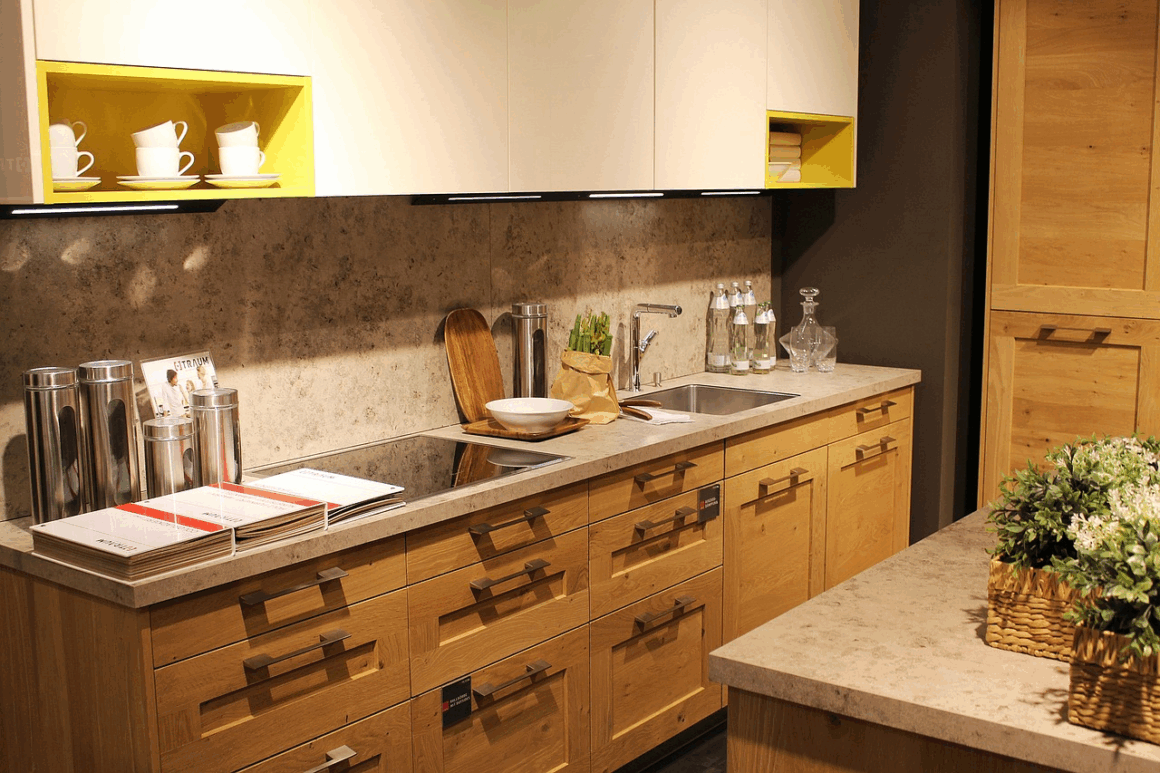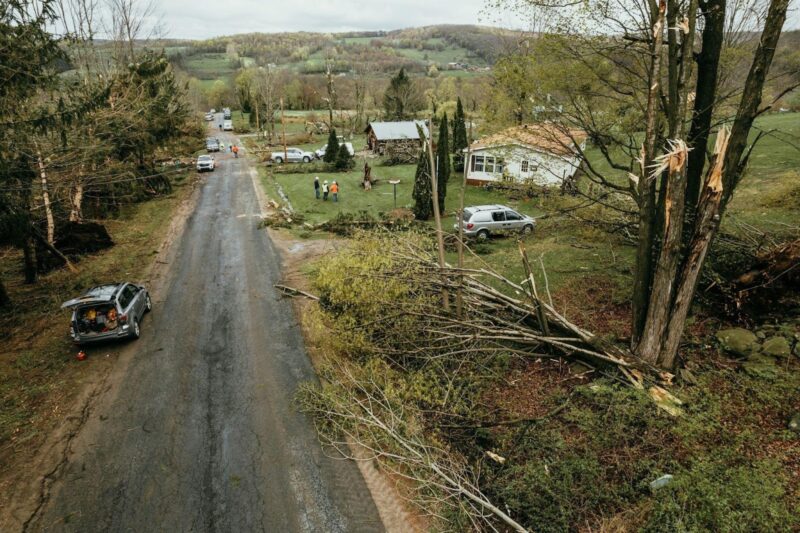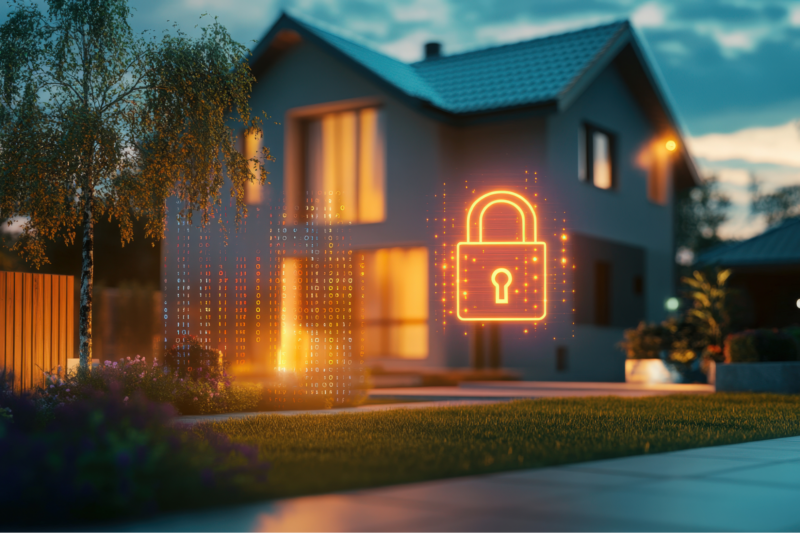
If you want to rent your property fast and command a higher monthly rate, pay close attention to today’s renters’ needs and wants. Because they’re not the same as they were 10, let alone 15 years ago. Especially safety expectations.
An increasing number of renters today treat safety as a core amenity – so on par with location and price – because they put personal well-being high on their priority list (as they should). They also know a secure home is worth paying for. So, if you want to stand out in 2025’s competitive rental market, you should treat safety as a front-and-center amenity. As a bonus, this strategy will also reduce turnover rate and costly emergency repairs.
Here are the safety features that are absolutely worth investing in and that will pay for themselves relatively quickly.
Interconnected Smoke And CO Alarms
First, and this is non-negotiable, you need smoke alarms. But interconnected ones, along with CO detectors, are best. They communicate across units and levels so they offer superior protection.
Wired units with battery backup or certified wireless-mesh models are the way to go because they reduce single-point failures.
As for how often they need replacement, once every ten years (and testing them monthly) is recommended. For carbon monoxide, place alarms outside sleeping areas and on every floor (CO still causes hundreds of accidental deaths annually in the U.S.).
Secure E-Keys
Offer smart-entry (unique codes, temporary e-keys, remote revocation, audit logs) to further boost perceived (and actual) safety. Require two-step admin access for managers and rotate master credentials when staff changes.
Choose systems that support battery alerts and fallback mechanical keys, and integrate with your property-management platform to automate guest codes and reduce lockout calls (which tenants hate).

Common Areas And Guest Protection
Make sure to keep entryways and pathways well-lit and visible; motion-activated fixtures and timed dusk-to-dawn controls work well and require less maintenance (less fiddling with switches).
Keep cameras and signage focused on safety and compliance, not surveillance. For liability and damage backstops, pair a thoughtful physical setup with tenant-occupied dwelling guidance. Landlord liability and property limits will help protect you when visitors are injured or common spaces are damaged. You may also want to consider rental property insurance as part of the package; it doesn’t cost a fortune but can save you against potential disasters.
GFCIs, Anti-Tip Kits, Sturdy Railings
Install Ground Fault Circuit Interrupters (GFCI)-protected outlets where code requires (kitchens, bathrooms, garages) and use tamper-resistant receptacles where children might visit. Don’t do this yourself; instead, hire a licensed electrician for upgrades to ensure compliance with the latest code.
Anchor dressers, bookshelves, and TVs (anti-tip kits); tip-overs have caused hundreds of fatalities and thousands of injuries over recent decades. Finally, check railings and handholds regularly and repair any wobbles immediately.
Moisture Control
Moisture and mold are horrible for your property, so control leaks, vent bathrooms and dryers properly, and inspect attics/crawlspaces during turnovers.
Mold stems from moisture; so stop the moisture to stop the mold. Regular HVAC maintenance and a clear response workflow for tenant reports reduce remediation costs and preserve habitability.
A Simple Emergency Plan
Post evacuation routes and emergency contacts in lobbies and unit entry folders (or a tenant portal). Maintain a phone tree and a property map with shutoff locations (water, gas, main breakers).
Also, run a quarterly checklist instead of a yearly audit because small but frequent checks catch problems before they become claims.
Sourcing Ideas
Buy interconnected alarms from established manufacturers and have a certified electrician install hardwired units. As for GFCI outlets and anti-tip kits, purchase them at major suppliers or through your maintenance contractor.
For access systems, pick a vendor that offers property-management integration (Schlage, Yale, August, commercial vendors like SmartRent). Finally, always use licensed pros for electrical, structural, and HVAC work; warranties and code compliance matter.












